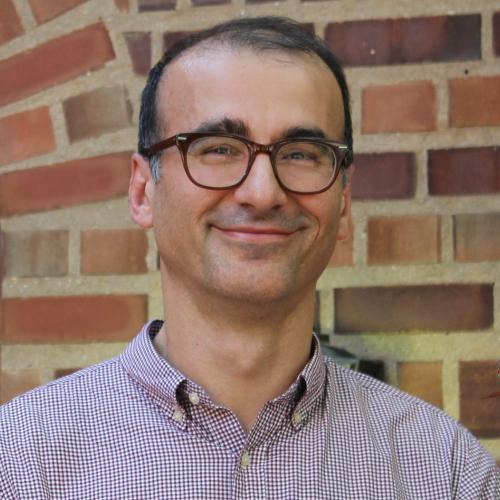Associate Professor Halil Kilicoglu will give an invited talk at the conference on “Meta-research for transforming clinical research,” which will be held on November 25 at the Académie Nationale de Médecine in Paris. The conference, organized by the EU-funded Methods in Research on Research (MiRoR) consortium, will bring together experts on meta-research from the U.S. and Europe. MiRoR is an interdisciplinary, joint doctoral training program for future generations of scientists working at the intersection of meta-research and medicine.
Meta-research (also called "research on research" or "science on science") is a relatively new discipline, concerned with evaluating and improving the ways in which scientific research is conducted, reported, assessed, and rewarded. At the conference, Kilicoglu will present his recent work in using text mining techniques to extract information from clinical publications and to assess and improve research transparency and quality.
"My work recognizes that textual artifacts, such as grant proposals, protocols, and publications, are central to biomedical communication, and that they are often manifestations of poor research practices," he said. "In one of my projects, we are developing a tool to assess the adherence of clinical trial publications to reporting guidelines. We do this by identifying statements in a publication that discuss specific guideline checklist items, using a combination of machine learning and rule-based approaches. Such a tool could help journal editors and peer reviewers in assessing manuscripts for compliance, authors in addressing reporting issues in their papers, and other scientists and stakeholders in more easily accessing the information they need."
Kilicoglu earned his PhD in computer science from Concordia University in 2012. Prior to joining the iSchool faculty, he worked as a staff scientist at the U.S. National Library of Medicine, National Institutes of Health, where he led the Semantic Knowledge Representation project.
